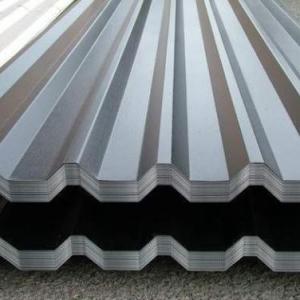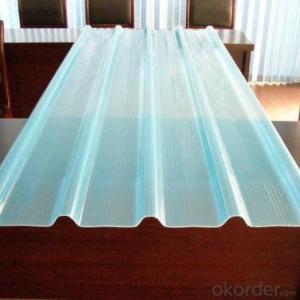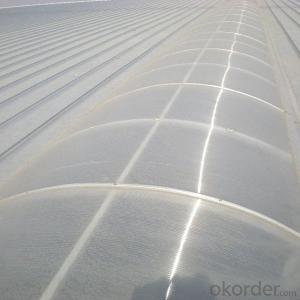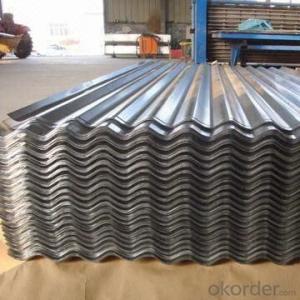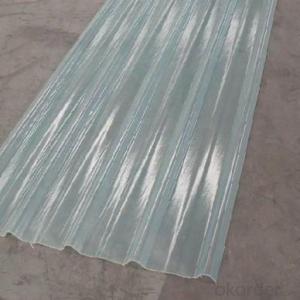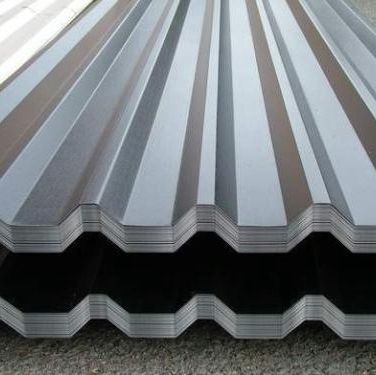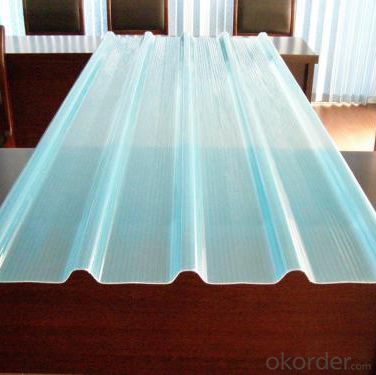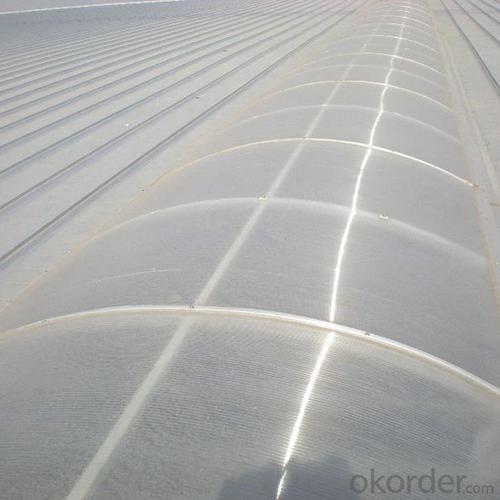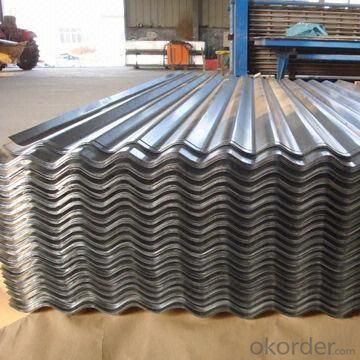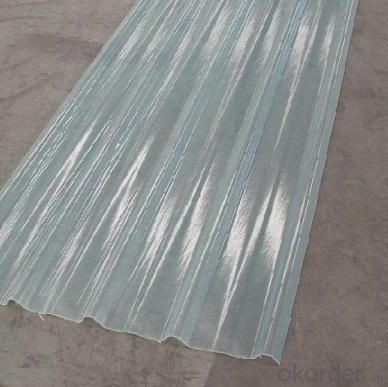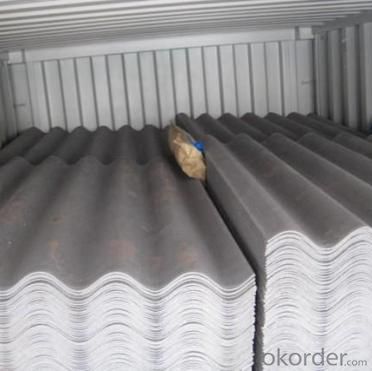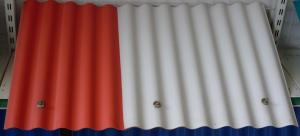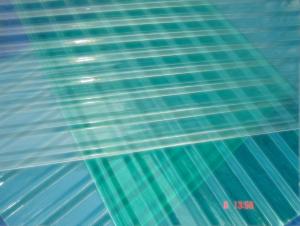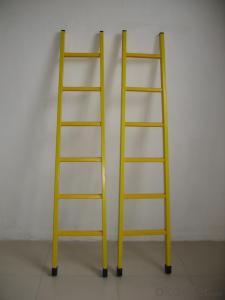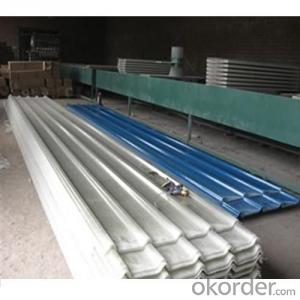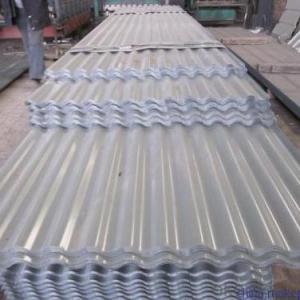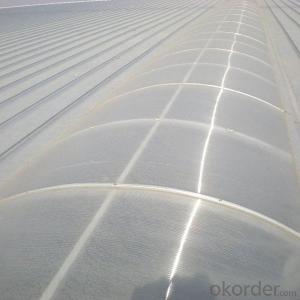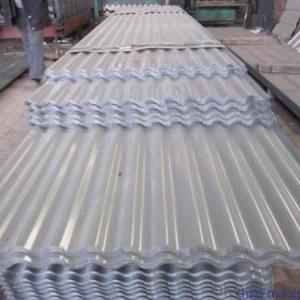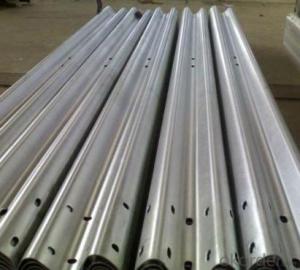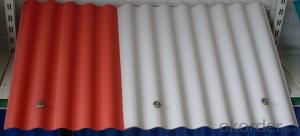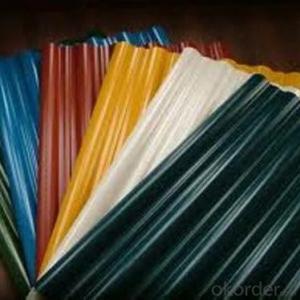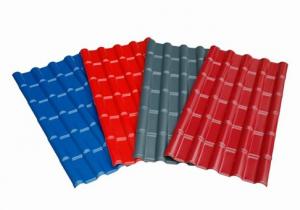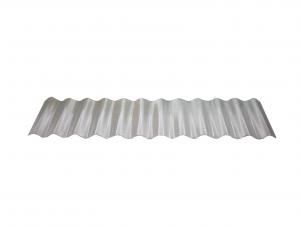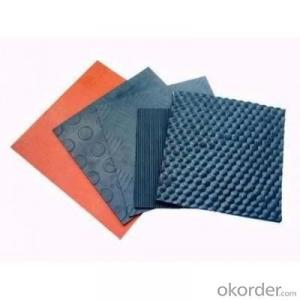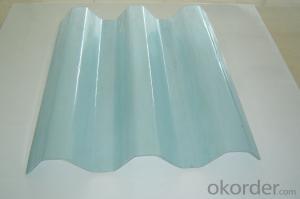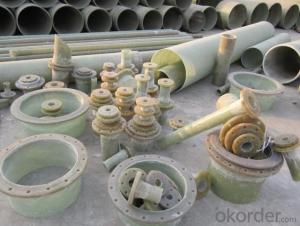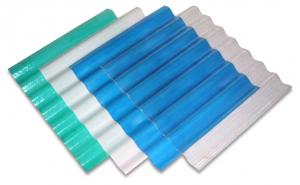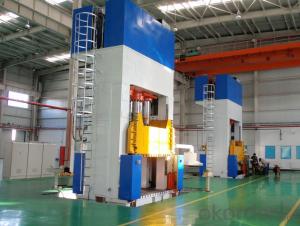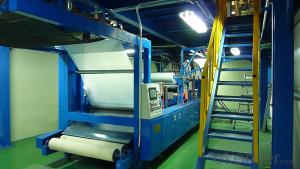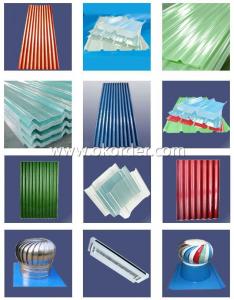Corrugated Plastic Roofing Sheet, Fiber FRP Transparent Roof Pane with High Quality On Sales
- Loading Port:
- Tianjin
- Payment Terms:
- TT OR LC
- Min Order Qty:
- 20 m
- Supply Capability:
- 50000 m/month
OKorder Service Pledge
OKorder Financial Service
You Might Also Like
Specification
PRODUCT DESCRIPTION
FRP Roofing Sheet are widely used in the field of industrial plants, warehouses, greenhouses, stations, docks, airports, sports buildings, commercial buildings, steel structures and other lighting areas. FRP is glass fiber and one or several thermosetting or thermoplastic resin composite material, such as phenolic resin, epoxy resin, polyester resin, polyimide resin. Glass fiber reinforced glass fiber that is the early 20th century, the development of a new composite material, it has a light weight, high strength, corrosion, insulation, insulation, noise and many other advantages.
FEATURES
1. Weatherability: In the temperature range of -40 ℃ - 120 ℃ to maintain stable performance;
2. Low thermal conductivity & good insulation performance;
3. Non-toxic, non-asbestos, etc., in line with world health standards;
4. No moss & prevent microbial growth;
5. High impact and resistant to strong wind;
6. Safe and reliable, Not combustion-supporting in open fire;
7. Corrosion resistance, suitable for chemical workshop roof, such as fertilizer plants, electroplating factory
SPECIFICATIONS
Item | Description | ||
Material | FRP, ASA, PVC | ||
Thickness | 1.0mm - 3.0mm | ||
Color | Clear, milk white, blue, green, red | ||
Type | 475, 666, 760, 820, 840, 860, 900, 950, 980, 1050, can be customized | ||
Shelf life | 15 years | ||
PICTURES
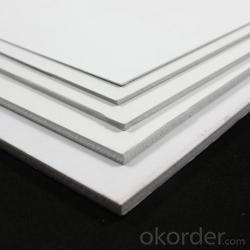
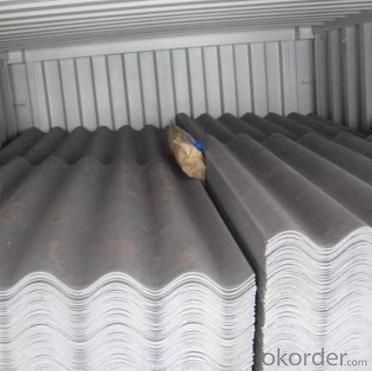
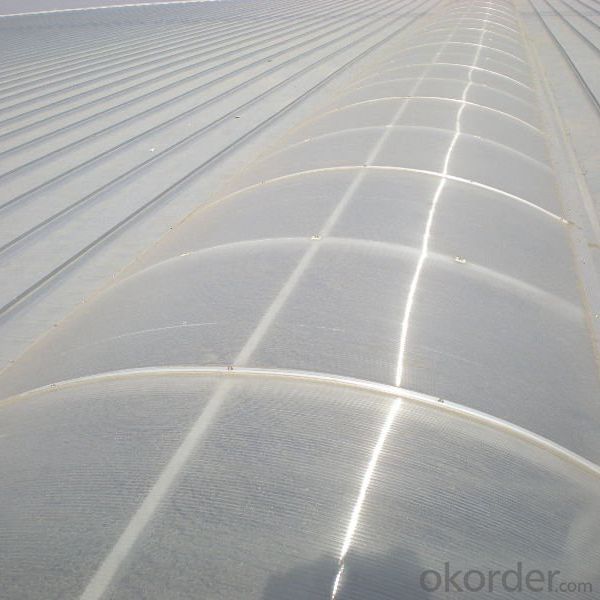
- Q: Are FRP roofing panels resistant to bird droppings or nesting?
- Yes, FRP (Fiberglass Reinforced Panels) roofing panels are highly resistant to bird droppings and nesting. The smooth and non-porous surface of FRP panels makes it difficult for birds to grip or nest on them. Additionally, the material is not easily damaged by bird droppings, as it is both stain and corrosion-resistant.
- Q: Are FRP roofing panels UV resistant?
- Yes, FRP (Fiberglass Reinforced Plastic) roofing panels are UV resistant. FRP roofing panels are specifically designed to withstand the damaging effects of UV (ultraviolet) radiation from the sun. They are manufactured with a protective gel coating that acts as a barrier against UV rays, preventing them from causing discoloration, fading, or degradation of the material over time. This UV resistance helps to maintain the aesthetic appearance and structural integrity of FRP roofing panels, making them a durable and long-lasting roofing solution for various applications.
- Q: Can FRP roofing panels be used in hospitals or healthcare facilities?
- Yes, FRP roofing panels can be used in hospitals or healthcare facilities. FRP (Fiberglass Reinforced Plastic) roofing panels are durable, lightweight, and resistant to corrosion, making them suitable for such environments. They are also easy to clean and maintain, helping to maintain a hygienic and sterile environment in healthcare facilities. Additionally, FRP panels offer good thermal insulation properties and can be designed to meet specific fire safety and acoustic requirements, making them a practical choice for hospitals and healthcare facilities.
- Q: Are FRP roofing panels resistant to warping or bending from heavy snow loads?
- Yes, FRP roofing panels are highly resistant to warping or bending from heavy snow loads due to their durable and rigid composition.
- Q: Are FRP roofing panels resistant to weathering?
- FRP roofing panels exhibit exceptional weather resistance, making them highly resistant to the effects of various weather conditions. These panels are specifically engineered to endure exposure to rain, snow, sun, and wind. The fiberglass reinforcement incorporated into the panels imparts robustness and longevity, rendering them impervious to cracking, warping, and fading. Moreover, FRP panels boast outstanding UV resistance, enabling them to retain their color and structural integrity even after prolonged exposure to sunlight. Consequently, these panels are widely favored for both residential and commercial purposes, offering enduring safeguarding for buildings in diverse climates.
- Q: Do FRP roofing panels require a specific type of flashing?
- Yes, FRP (Fiberglass Reinforced Plastic) roofing panels do require a specific type of flashing. Flashing is an important component of any roofing system as it helps to prevent water leaks and directs water away from vulnerable areas. When it comes to FRP roofing panels, the flashing used should be compatible with the material and designed specifically for FRP roofs. One of the main considerations when selecting flashing for FRP roofing panels is the material. FRP panels are made of fiberglass reinforced plastic, which is a lightweight and durable material. As such, the flashing used should also be lightweight and flexible to ensure a proper fit and seal. Another important factor to consider is the design of the flashing. FRP roofing panels have a unique profile and require flashing that can accommodate their shape and size. This may include custom-made flashing or specialized flashing designed for FRP roofs. The flashing should be able to cover the edges of the panels and create a watertight seal, preventing water from seeping underneath the panels and causing damage. It is always recommended to consult with a professional roofing contractor or manufacturer to determine the specific type of flashing required for FRP roofing panels. They will have the knowledge and expertise to recommend the most suitable flashing option based on the specific characteristics of the FRP panels and the environmental conditions in which they will be installed. By using the correct flashing, you can ensure the longevity and performance of your FRP roofing system.
- Q: Can FRP roofing panels be used in areas with extreme temperature fluctuations?
- FRP roofing panels are capable of withstanding extreme temperature fluctuations, making them suitable for use in areas with varying climate conditions. These panels possess exceptional thermal expansion and contraction attributes, ensuring that they do not deform or crack when exposed to temperature changes. The materials utilized in FRP panels are specifically designed to resist temperature variations, enabling their installation in regions characterized by both scorching summers and freezing winters. Moreover, FRP panels offer efficient insulation properties that contribute to maintaining a comfortable indoor temperature and reducing energy consumption. Nevertheless, it is always advisable to seek guidance from a professional roofing contractor or manufacturer to ensure that the chosen FRP panel is appropriate for the specific climate and temperature conditions of the area.
- Q: Are FRP roofing panels compatible with different types of flashing systems?
- Different types of flashing systems are compatible with FRP (fiberglass reinforced plastic) roofing panels. These versatile panels can be used in a range of roofing applications, from commercial to industrial and residential buildings. Integration with various types of flashing systems, including metal, PVC, or rubber flashings, is easy. To ensure a secure and watertight connection between the FRP panels and the flashing system, it is important to use proper installation techniques and compatible flashing materials. For specific recommendations and guidelines on the compatibility of FRP roofing panels with different types of flashing systems, it is advisable to consult with a professional roofing contractor or manufacturer.
- Q: Can FRP roofing panels be used for both indoor and outdoor applications?
- Yes, FRP (Fiberglass Reinforced Plastic) roofing panels can be used for both indoor and outdoor applications. FRP roofing panels are versatile and durable, making them suitable for various environments. They are commonly used in industrial buildings, commercial establishments, residential structures, and agricultural facilities. Indoors, FRP roofing panels are often used in areas that require natural light but cannot accommodate windows, such as warehouses, manufacturing facilities, and storage rooms. They provide excellent light transmission, reducing the need for artificial lighting and lowering energy costs. Additionally, FRP panels are resistant to moisture, chemicals, and UV rays, making them ideal for applications in areas with high humidity or exposure to harsh substances. Outdoors, FRP roofing panels are commonly used in patio covers, pergolas, and other outdoor structures to provide shade and protection from the elements. They are lightweight yet strong, making installation easier and ensuring long-lasting performance. FRP panels are also resistant to weathering, so they can withstand exposure to rain, snow, sunlight, and extreme temperatures without deteriorating or losing their structural integrity. Overall, FRP roofing panels are a versatile and cost-effective solution for both indoor and outdoor applications. They offer a range of benefits, including durability, light transmission, resistance to moisture and chemicals, and ease of installation, making them suitable for a wide range of projects.
- Q: Are FRP roofing panels resistant to chemical spills?
- Yes, FRP (Fiberglass Reinforced Plastic) roofing panels are generally resistant to chemical spills. The inherent properties of FRP, such as its corrosion resistance and non-reactivity to most chemicals, make it a suitable choice for environments that may encounter chemical spills. However, the resistance may vary depending on the specific chemicals involved, so it is always advisable to consult the manufacturer's guidelines or conduct a compatibility test before exposing FRP roofing panels to any potentially harmful substances.
Send your message to us
Corrugated Plastic Roofing Sheet, Fiber FRP Transparent Roof Pane with High Quality On Sales
- Loading Port:
- Tianjin
- Payment Terms:
- TT OR LC
- Min Order Qty:
- 20 m
- Supply Capability:
- 50000 m/month
OKorder Service Pledge
OKorder Financial Service
Similar products
Hot products
Hot Searches
Related keywords
